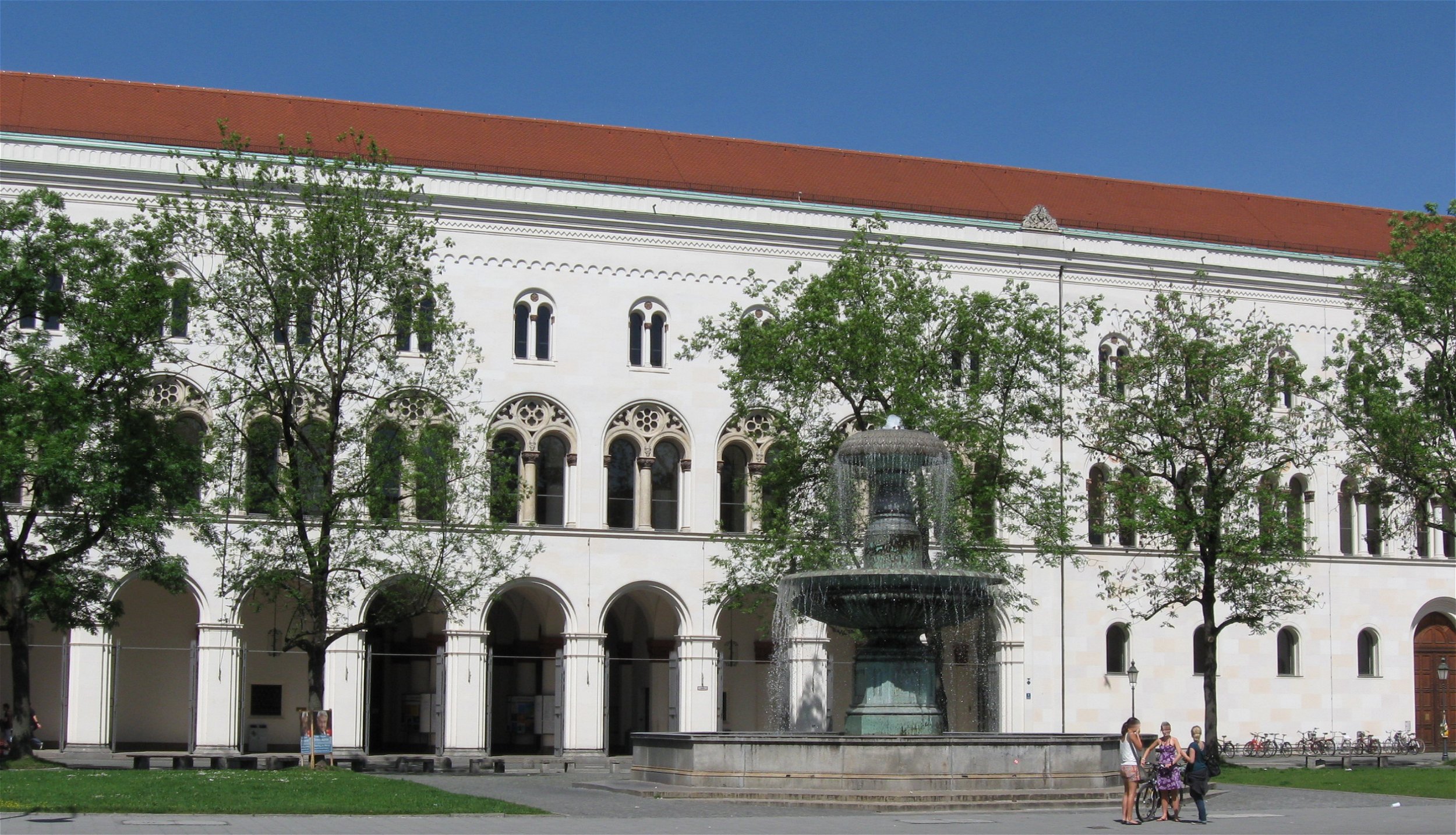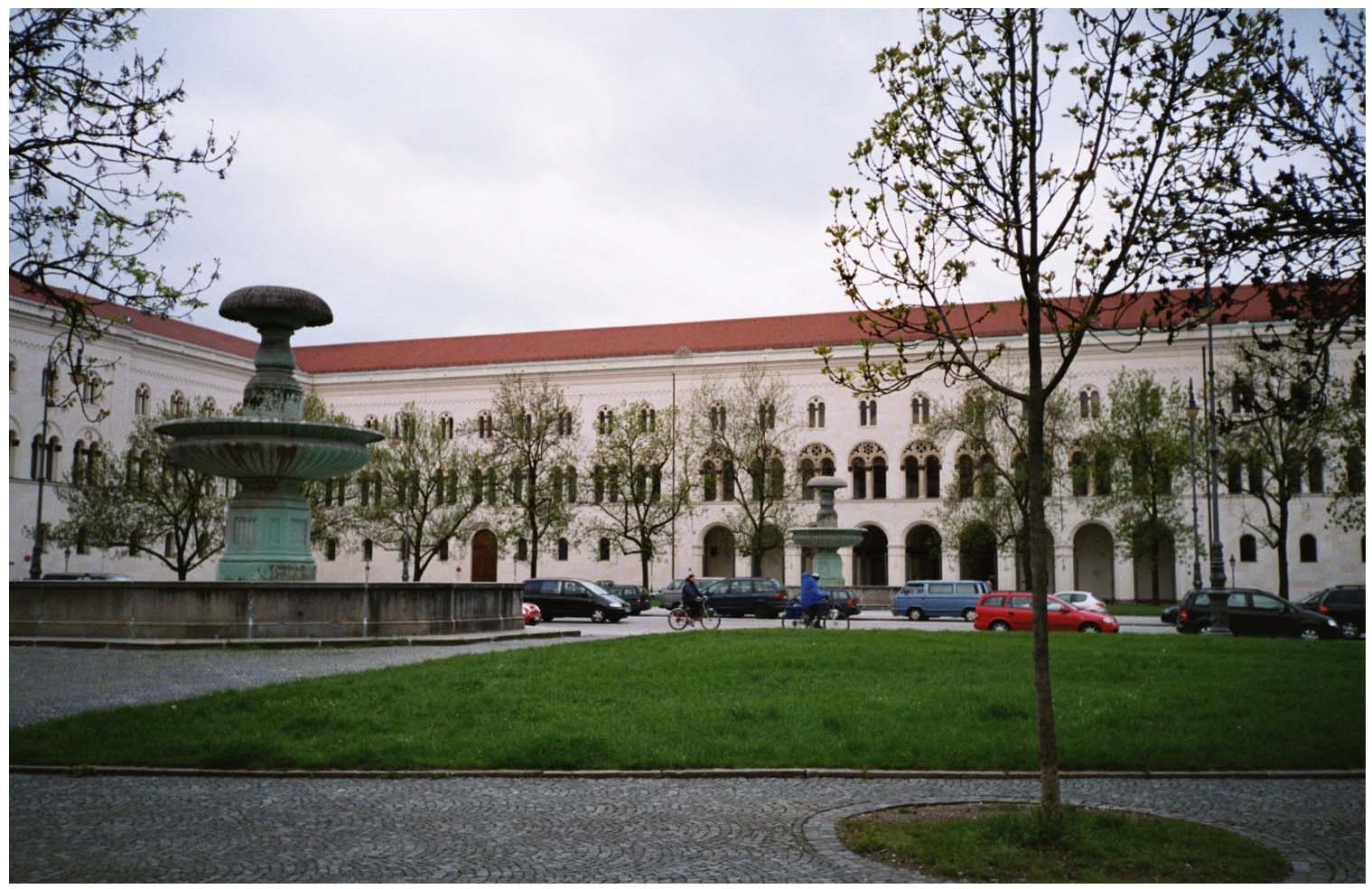I interviewed Carlos, a Brazilian art historian who came to Munich, Germany 5 months ago. He sums up the main differences between Brazilian and German university etiquette.
 Valentina: Carlos, what do you remember from your fist days at the Ludwig Maximilian University here in Munich?
Valentina: Carlos, what do you remember from your fist days at the Ludwig Maximilian University here in Munich?
Carlos: Hmm, I did not know anybody at the beginning, so it was pretty hard, but soon I met my colleagues from work and other expats in Munich, so I did not have to spend evenings on my own. As for my days at the University, there are some differences and it took me some time till I got used to them.
Valentina: What differences are you referring to? Could you give me an example?
Carlos: First of all, in Brazil, like in England or the US, university students usually address professors with their first names. It may in part have to do with the lack of the official “you” form in the English language, however it also shows the general attitude of the educational system. In Germany I had to learn to use the German “Sie”, which was difficult all around as well. It seems like a very little thing, but it creates a distance between teachers/professors and their students. The interpersonal relations at the university are much more formal here, as if teachers wanted to keep this distance. At least that was my impression at the beginning.
At least that was my impression at the beginning.
But my attitude was also bizarre for the other German professors and especially for the students. Recently a coworker told me that when I arrived and started my classes all the other professors didn’t understand why I was so happy and enthusiastic. For example, when I see my students, I wave to them and greet them on campus, etc. They most likely thought to themselves that in Germany you are supposed to do your job, which is to teach, not to smile; students do not have to like you, they should respect you! For me this open and optimistic attitude was absolutely natural. I taught in the States for one year and I did not perceive such a big difference between Brazil and America.
Valentina: What about your students? They must love you!
 Carlos: Yes, they do! But I also noticed that some students’ attitudes were a bit different towards me. They were educated in this let’s say relatively strict system, so for them the fact that I am such a “cool” teacher meant that I would not be too demanding or severe, which resulted in them not reading texts I asked them to read, not being prepared for class, missing classes entirely, etc. Finally it got to the point where I had to have a serious conversation with them, because they were disrupting my class.
Carlos: Yes, they do! But I also noticed that some students’ attitudes were a bit different towards me. They were educated in this let’s say relatively strict system, so for them the fact that I am such a “cool” teacher meant that I would not be too demanding or severe, which resulted in them not reading texts I asked them to read, not being prepared for class, missing classes entirely, etc. Finally it got to the point where I had to have a serious conversation with them, because they were disrupting my class.
Valentina: What would you attribute these differences between German (or, broadly speaking, European) and American/South American students to?
Carlos: The education system in the US and Brazil requires more initiative from the students themselves. Already beginning in primary school they are taught to be active, to take part in the lessons enthusiastically, to discuss with the teacher, etc. They know that what they learn depends not only on the teacher, but on themselves as well. Here in Germany, and as far as I know also in France, they are reluctant to discuss, instead they listen to what the teacher says and make notes.
The distance I have mentioned at the beginning plays an important role too. In Brazil or in the States, students are given the chance to criticize teachers, they may suggest that they should introduce some changes to the way they conduct classes, or that something is too easy or too difficult for them. And we, as academics, do not take it as a personal insult, but a learning experience.
Valentina: From what you are saying, it sounds like studies in Brazil are very “student friendly”, but what about their level?
 Carlos: I would not associate these two issues. Despite a significant progress, there is still a lot to be done in the Brazilian educational system, but in my opinion it is not due to the teachers’ attitude. In the USA, where attitudes toward students are similar, there are some of the best universities in the world. It seems that these are two independent issues.
Carlos: I would not associate these two issues. Despite a significant progress, there is still a lot to be done in the Brazilian educational system, but in my opinion it is not due to the teachers’ attitude. In the USA, where attitudes toward students are similar, there are some of the best universities in the world. It seems that these are two independent issues.
I would sum up saying that of course being nice and popular among students is not the main goal of our job, but it does not prevent us from teaching well, and certainly makes things a lot more fun!
Valentina: Thank you for your time Carlos! I hope the rest of your time spent teaching in Germany works out well for you!
Carlos: My pleasure, and I hope so too!